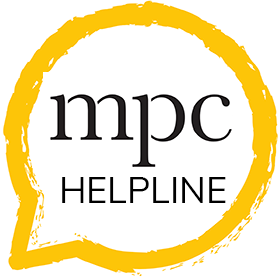
About cluttering
Have you come across the term cluttering and wondered what it means? Cluttering is different from stammering, we know less about it than we know about stammering and people can clutter AND stammer. If you are a young person who thinks you might clutter a speech and language therapist can help identify whether you do and help you work out how to help yourself. Read the following descriptions to see if cluttering is something that you relate to and check out how to get referred to the Michael Palin Centre if you want to be seen here.
Cluttering is when someone
- seems to speak very quickly and in a jerky way
- repeats words or phrases a lot so they are hard to follow
- leaves out syllables in words, especially longer words (i.e. “puter” for “computer”)
- pauses in unusual places
- has an unusual rhythm when they speak
- blurs words together (i.e. “incredible” = “incrible”)
People who clutter often don’t know that other people find them hard to follow. They know that people often tell them to slow down or not mumble but don’t really know why. Less is known about cluttering than stuttering.
How therapy can help
Learn how to:
- look out for listener reactions and spot clues when someone hasn’t understood so you can make your message clearer
- use more pauses (this helps you sound slower and gives the listener more time to process what you’re saying)
- over-emphasise sounds, especially on critical words, so your speech sounds clearer
- develop your overall communication skills
- develop your confidence in communicating.
Find out more about cluttering
Stamma: https://stamma.org/about-stammering/variations-complications
SFA: https://stutteringhelp.org/cluttering
Internal Cluttering Online Conference 2010: http://www.mnsu.edu/comdis/ica1/icacon1.html
International Cluttering Association (ICA): ICA website (google.com)
Find out how to get help.
Find out about the MPC assessment clinic.

Sometimes you just need someone to talk to


Sometimes you just need someone to talk to
Our Helpline, 020 3316 8100, is open during office hours (9am-5pm) and voicemail messages can be left when the office is closed.
“Essential for all speech and language therapists with a stammering caseload to go on this. It’s re-booted how I work” (July 2019).
Become a Friend
Receive emails with news and information about the Centre's work, events, and fundraising.
Sign up